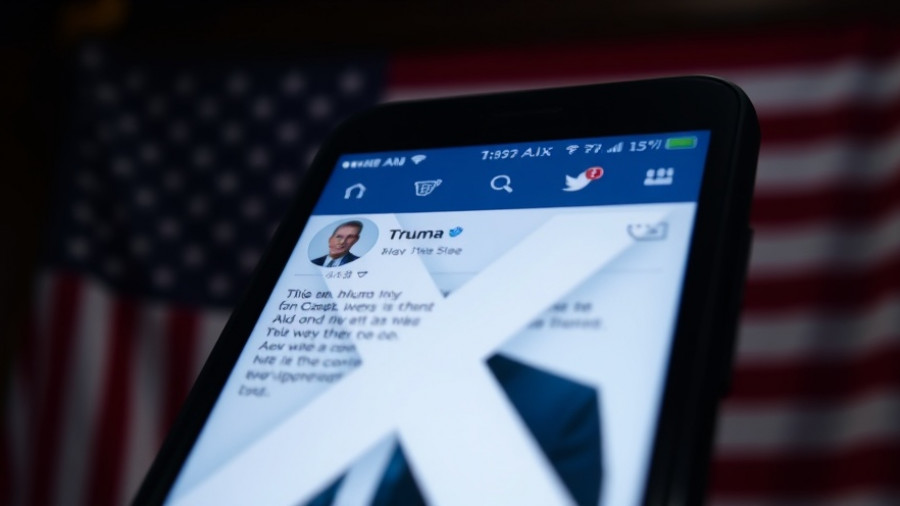
Fort Worth's Role in High-Stakes Litigation
The recent ruling by Judge Mark Pittman to keep the lawsuit involving Elon Musk’s X Corp. and xAI against tech giants Apple and OpenAI in Fort Worth has raised eyebrows. Despite the 'minimal connections' that these companies have to the area, the judge suggested that relocating their headquarters to Fort Worth might be beneficial. This quip indicates a broader context of the city's legal landscape, known for its rapid adjudications and conservative judicial appointments, attracting such high-profile cases.
Understanding the Antitrust Claims
The lawsuit alleges that Apple and OpenAI are forming an anticompetitive alliance to stifle competition in the rapidly evolving field of artificial intelligence. Musk's complaint accuses the two companies of working together to maintain monopolies that hinder innovations, specifically targeting the app rankings on Apple's iOS platform, which favors OpenAI’s ChatGPT over Musk's Grok chatbot.
Implications for Technology and Regulation
As AI becomes increasingly integrated into everyday technology, the implications of this lawsuit may resonate beyond courtrooms into boardrooms. It raises pressing questions about how power dynamics among tech companies are shifting, especially concerning monopolistic practices that can stifle competition. The outcome of this case could establish precedents for how AI startups are treated and regulated in the future.
Why Taxpayers Should Pay Attention
For taxpayers, this litigation might initially seem like a high-stakes battle among billionaires. However, the ramifications of antitrust lawsuits in the tech sector often spill over into broader economic implications. A defined marketplace for AI ensures healthy competition, potentially lowering costs and fostering innovation. The outcome can influence tax policies that affect business operations and, subsequently, local economies.
Antitrust Laws and Future Trends
As we look to the future, it is essential to understand how this lawsuit fits into a larger pattern of scrutiny around big tech companies. The regulatory environment is evolving, and growing scrutiny on companies like Apple and OpenAI indicates a turning tide that may encourage a more competitive field in technological advancements.
The escalating legal battles suggest that as artificial intelligence capabilities expand, so does the need for effective regulation—ensuring fair competition while also promoting innovation. Taxpayers and small businesses alike should remain vigilant, as the evolution of these regulations can have lasting impacts on economic conditions.
 Add Row
Add Row  Add
Add 




Write A Comment